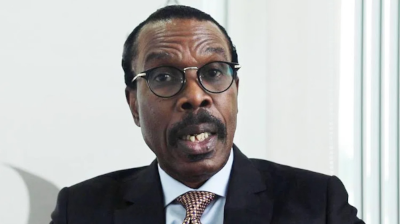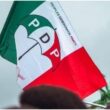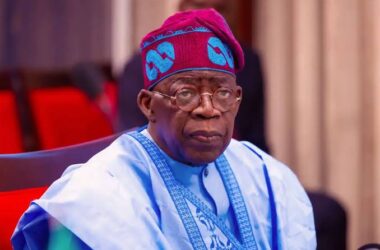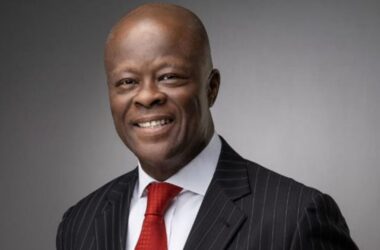Financial expert Bismarck Rewane has predicted that the Nigerian economy will experience substantial growth over the next few years, reaching an estimated gross domestic product (GDP) of $400 billion by 2026. Speaking at the Access Bank Customer Forum held in Lagos, the Managing Director and Chief Executive Officer of Financial Derivatives Company Limited forecasted an annual economic growth rate of 3.5 percent.
According to Rewane, Nigeria is on track to becoming the second-largest economy in sub-Saharan Africa within the next two years. He also highlighted improvements in the country’s foreign exchange system, projecting foreign reserves to hit $20 billion.
“There will be an efficient forex auction system, and unencumbered foreign reserves will hit $20bn,” Rewane said at the event.
Addressing the issue of inflation, Rewane predicted that the inflation rate would fall to 22 percent by 2026, with the monetary policy rate (MPR) expected to drop to 20 percent. This reduction, he explained, would help lower bad loans in the banking sector, as lower interest rates often reduce financial stress on borrowers.
Despite these positive developments, Rewane noted that the naira might trade at N1,550 per dollar in the parallel market. He attributed this to intervention funds, diaspora remittances, and adjustments in exchange rate policies, which will influence the currency’s value.
“There will be an efficient forex auction system, and unencumbered foreign reserves will hit $20bn,” he noted.
On inflation, Rewane projected that the rate would decline to 22 per cent by 2026, expecting the monetary policy rate to be reduced to 20 per cent annually, leading to a decline in the level of bad loans across the banking sector.
“We will see inflation drop to 22 per cent, and the MPR is likely to come down to 20 per cent, which will reduce bad loans,” he explained.
In terms of productivity, he projected an increase in total factor productivity, which would rise to 2.6 percent by 2026, up from 2.4 percent in 2024. Additionally, the country’s trade balance was expected to increase to $9.3 billion, up from the current $8.42 billion.
Rewane also discussed the price of petrol, predicting that it would stabilize at N900 per litre, thanks to increased production from the Dangote Refinery and modular refineries across the country. He believes this will help ensure a steady supply of fuel in Nigeria.
“We expect petrol to stabilise at N900 per litre due to increased production from Dangote refinery and modular refineries,” Rewane said.
The stock market is also projected to experience growth, with capitalisation expected to rise to N58 trillion. This is likely to be driven by the listing of large companies like Dangote Refinery and the Nigerian National Petroleum Corporation.
On commodity prices, Rewane estimated that by 2026, a basket of tomatoes will cost N20,000, while a bag of rice could sell for N75,000, and a bag of beans may reach N110,000.
However, while Rewane’s projections were largely positive, others at the event expressed concerns. Taiwo Oyedele, Chairman of the Presidential Committee on Fiscal Policy and Tax Reforms, disagreed with some of the optimistic forecasts, particularly on the state of the economy.
“Our projection is slow, and I do not pray that Bismarck’s projection comes to pass,” Oyedele remarked, stressing the challenges of divestment, poor education, and rising unemployment in the country. He emphasized the need for data-driven decisions to tackle these issues effectively.










